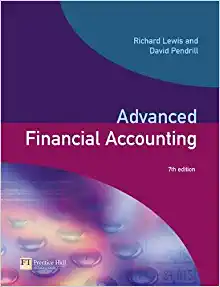Question
An analyst is evaluating a real estate investment project using the discounted cash flow approach. The net purchase price is $10 million, which is financed
An analyst is evaluating a real estate investment project using the discounted cash flow approach.
The net purchase price is $10 million, which is financed 20% by equity and 80% by a five-year mortgage loan. The loan carries an interest rate of 7%. Annual interest expenses on the $8 million loan are $560,000 and the loan is repaid in full after the fifth year.
The net operating income for the first year is estimated at $800,000 and is expected to grow annually at a 3% growth rate. Using straight-line depreciation over 50 years, the annual tax depreciation of the real estate project is equal to $200,000. It is expected that the property will be sold in five years
(just after the end of the fifth year) at a net price of $11 million.
The marginal income tax rate for this project is 30%. The capital gains tax rate is 20%.
The investor's cost of equity for projects with level of risk comparable to this real estate investment project is 15%.
a. Compute the after-tax cash flows resulting from the operating income for each of the first
five years.
b. Compute the after-tax cash flow for the fifth year, taking into account the resale value.
c. Compute the expected net present value (NPV) of the project and its internal rate of return (IRR).
d. State whether the investor should decide to invest in the project.
e. Compute the expected NPV and IRR of the project if the resale price is expected to be only
$10 million.
f. State whether the investor should decide to invest in this project under this new scenario.
Step by Step Solution
There are 3 Steps involved in it
Step: 1

Get Instant Access to Expert-Tailored Solutions
See step-by-step solutions with expert insights and AI powered tools for academic success
Step: 2

Step: 3

Ace Your Homework with AI
Get the answers you need in no time with our AI-driven, step-by-step assistance
Get Started


